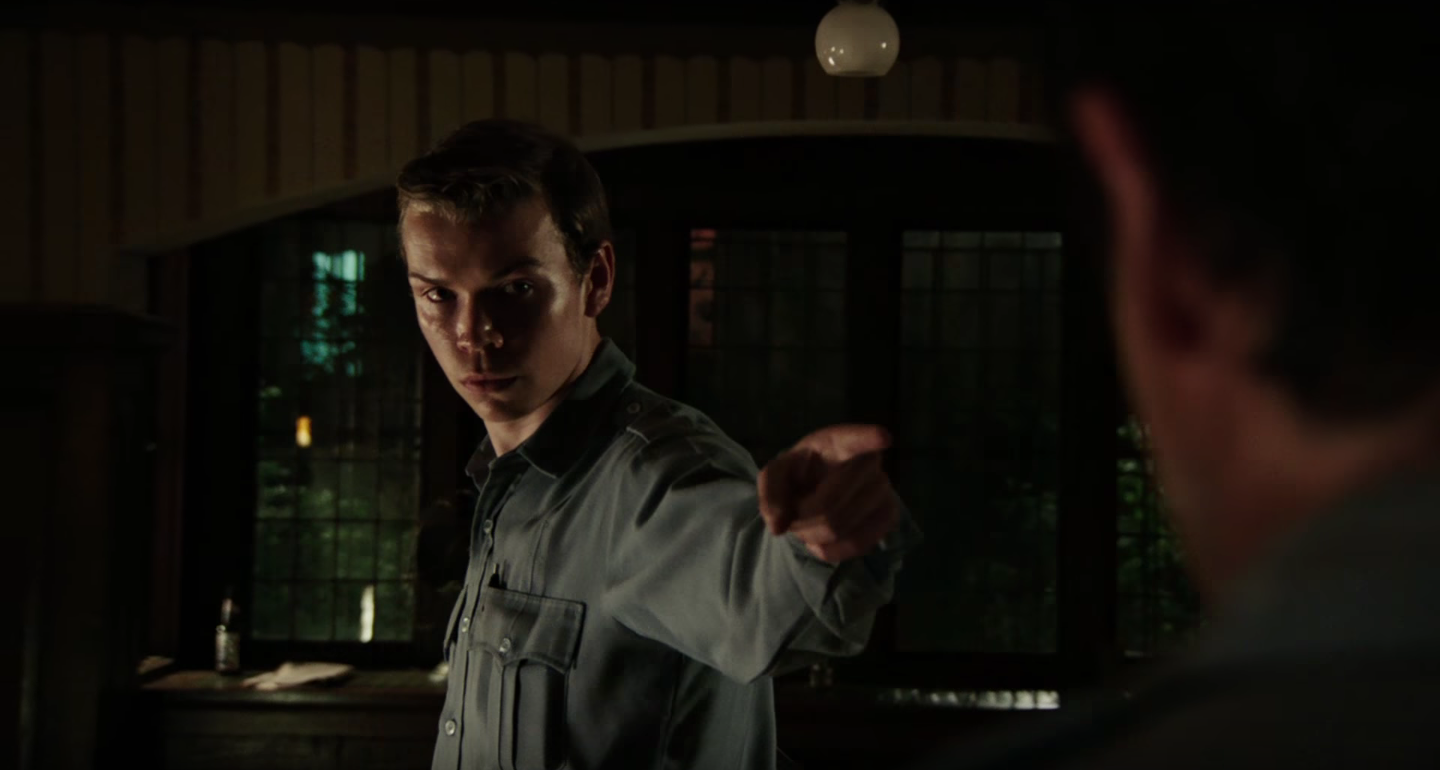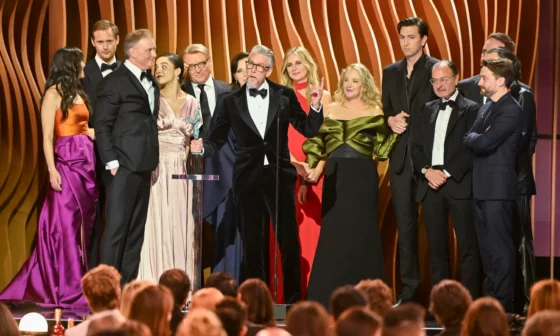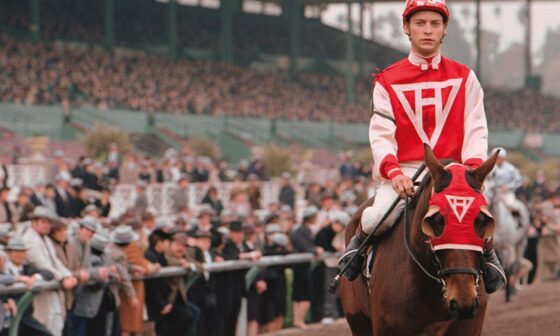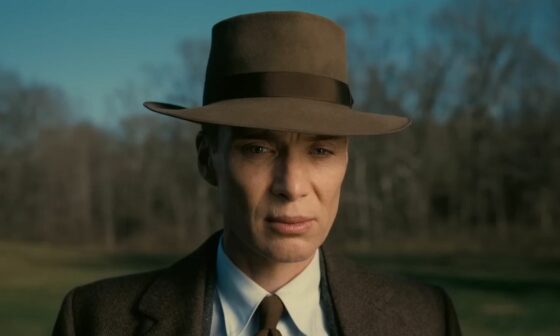
Kathryn Bigelow‘s latest film, Detroit, is arguably the third (and presumably) final instalment in a loose trilogy centring on social and political issues within the United States, preceded by 2008’s The Hurt Locker and 2012’s Zero Dark Thirty.
While Detroit might be the weakest out of the three films, it still retains Bigelow’s visceral depiction of the cultural milieu within America, and is almost certainly the most harrowing experience out of the three.
The film is incredibly tough to watch as Bigelow’s blunt verité style creates such an unceasing sense of dread and immediacy, yet at the same time its bluntness gives the film a ceiling and prevents it from being truly great.
The whole point of the film simply seems to be “racism is bad”. Which obviously it is, but for a film that potentially had the scope to examine a spectrum of race, class and gender within the violence and anarchy of the ’67 Detroit riots, it wastes the opportunity to dive deep into how systemic racism affects communities, why the riots themselves began and whether anything has changed.
What is surprising was how parochial its viewpoint is; it’s almost a chamber piece set within the Algiers Hotel for much of the runtime. Will Poulter and his racist police cronies dominate much of the film and make it a horrifying and ultimately desperately sad experience to sit through. The problem, again, comes back to the point of everything.
Not every film needs vast themes and overarching meaning to be great, but Bigelow’s film simply seeks to highlight the horrors of racism, the oppression of black people in America and the corrupt justice system; all subjects that have been covered extensively before.
So what is the point of Detroit? It almost seems as if it’s designed to inform people that racism existed, still exists, and will sadly likely continue to exist for centuries to come.
The film at times almost borders on torture porn of a different kind considering its assaulting presence, but that raises the question of who is this for? The likely answer: predominantly white audiences.
Maybe Bigelow saw the current political climate and felt she needed to make these points about racism clear, but fiction films whose sole purpose is to simply to inform the viewer of something well known don’t usually make for truly great cinema.
The film doesn’t seek to examine Detroit/America’s racial climate at the time as much as it almost wants to pat itself on the back for simply showing the horrors of racism. While the film is very good formally, and creates a visceral immersion not dissimilar to Christopher Nolan’s Dunkirk, it’s almost juvenile in how it presents racism, as if introducing it to aliens not aware of the concept.
In a smaller film, perhaps one absent from a real life event like the riots, this may have been acceptable. But to waste the potential to examine the nuances of race within a city framed within the riots is disappointing.
The film will leave almost everyone who watches it angry and and disheartened. Yes, it feels like the viewer is up against the wall with the victims in the hotel, and perhaps Bigelow’s main goal with the film was to put her likely predominantly white audience in the shoes of the black victims and have them viscerally experience the virulent racism first hand, which arguably she does.
If that was Bigelow’s intention, it’s fair to claim she succeeded. The film is good, but it may not have much of a shelf life since it fails to elucidate the deeper problems: what led to systemic racism permeating through the United States? What created this seismic gap between people of different race? What can stop certain members of the police from abusing their power?
Despite Bigelow’s best intentions, Detroit falls a little short of the masterpiece it had the potential to become.
Perhaps its major problem is summed up thusly: Despite a 143 minute film about the riots, unless the viewer was well informed beforehand, Bigelow’s film fails to truly elucidate the racial climate in Detroit at the time, why the riots began, and what the fallout ultimately led to.
A pretty big problem for a film titled Detroit.
#Peace.Love.Detroit








